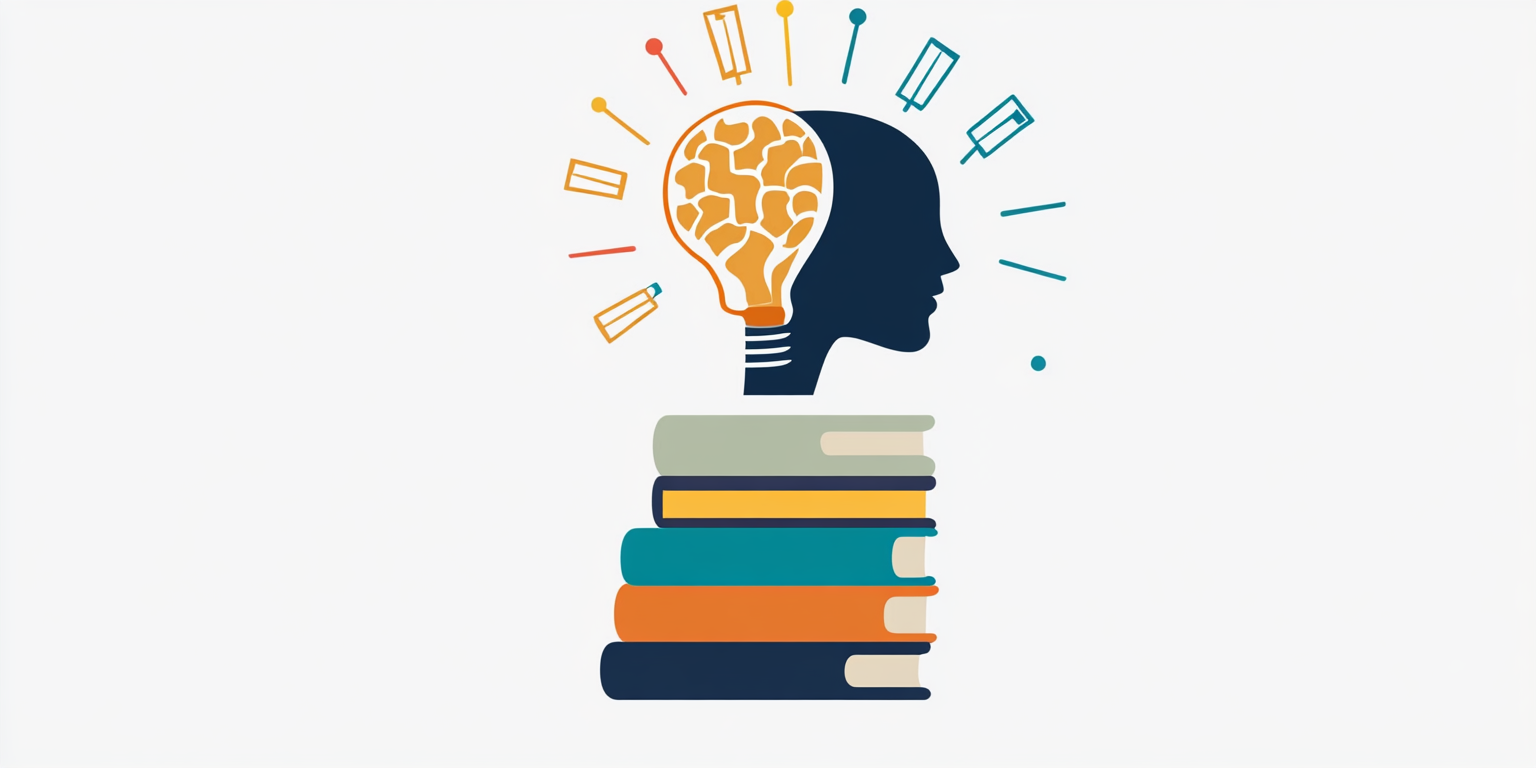"Tell me about a time when your data analysis led to a conclusion that contradicted what leadership expected. How did you handle it?"
The question hung in the air as my mind went completely blank. This wasn't on my preparation list. This wasn't something I had rehearsed. I felt my heart rate spike, my palms dampen, and that familiar tightness in my throat that signaled the beginning of a downward spiral.
"Um... well... I... let me think..." I stammered, desperately searching my memory for an example—any example—that might answer this question.
After what felt like an eternity of awkward silence, I cobbled together a vague, rambling response about a minor project where the data "wasn't quite what we expected." The interviewer's expression told me everything: my answer had been generic, unconvincing, and forgettable.
I didn't get the job.
The Unexpected Question Panic
This wasn't an isolated incident. Throughout my job search, I had developed a pattern: I'd prepare extensively for interviews, memorizing answers to common questions and rehearsing my examples until they were polished. When interviews followed my expected script, I performed well.
But the moment an interviewer went off-script with an unexpected question, my confidence collapsed.
My typical panic responses:
- Freezing completely, followed by awkward silence
- Rambling without a clear point or structure
- Providing overly generic answers lacking specific details
- Visibly showing anxiety (voice shaking, losing eye contact)
- Apologizing unnecessarily or undermining my own answers
- Giving up and saying "I can't think of an example right now"
A friend who conducted interviews regularly gave me painful but necessary feedback after a mock session:
"You're two different candidates in the same interview. For questions you've prepared for, you're articulate and impressive. For unexpected questions, you come across as inexperienced and unsure. Interviewers will always trust the second version more than the first."
Failed Traditional Approaches
I tried several methods to overcome this challenge:
- Preparing more standard answers: Which just meant I memorized more scripts but still panicked with truly unexpected questions
- General interview books: Which covered common questions but not the surprising ones specific to data roles
- Recording myself: Which made me more self-conscious without improving my ability to think on my feet
- Generic advice to "take a breath": Which helped with physical symptoms but not with actual answer formulation
After several interviews where I performed well on technical assessments but failed at the behavioral or situational questions, I knew my inability to handle unexpected questions was the critical barrier to my career advancement.
"I felt like a computer program that could only respond to inputs I'd been specifically programmed to handle."
The U2xAI Discovery
A colleague who had recently landed a competitive role after previously struggling with interviews mentioned using U2xAI to prepare. Intrigued but skeptical, I decided to try it with a straightforward prompt:
"U2xAI, simulate challenging and unexpected interview questions for data analyst roles, and give me constructive feedback."
What happened next completely transformed my approach to interview preparation.
Beyond Scripted Preparation: Adaptive Confidence Building
U2xAI didn't just provide another list of questions to memorize—it created a comprehensive adaptive interview simulation:
1. Progressive challenge levels
- Started with moderately unexpected questions to build confidence
- Gradually introduced truly challenging scenarios
- Adapted difficulty based on my performance and comfort level
2. Personalized question generation
- Created questions specifically targeting areas where I had less experience
- Generated variations of standard questions that approached topics from unusual angles
- Developed industry-specific scenarios relevant to roles I was targeting
3. Real-time response frameworks
- Provided structural frameworks I could apply to any unexpected question
- Taught "bridging techniques" to connect unfamiliar questions to prepared material
- Offered methods to buy thinking time without appearing flustered
4. Detailed, constructive feedback
- Analyzed response structure, content, and delivery
- Identified specific improvement opportunities
- Suggested alternative approaches that would strengthen answers
Most importantly, U2xAI created a safe environment where I could practice failing and recovering—building the resilience that's impossible to develop when only practicing questions I knew were coming.
The PREP Framework: My Unexpected Question Lifeline
One of the most valuable tools U2xAI introduced me to was the PREP framework for handling any unexpected question:
P - Pause: Take a brief moment to collect thoughts (3-5 seconds is acceptable and appears thoughtful rather than panicked)
R - Reframe: If needed, restate the question in terms that connect to your experience or prepared examples
E - Example: Provide a specific, relevant example that demonstrates the core competency being evaluated
P - Point: Conclude with the key takeaway or lesson that makes your example meaningful
U2xAI helped me practice applying this framework to increasingly challenging questions:
Unexpected Question: "Tell me about a time when you had to explain a complex statistical concept to someone who was resistant to your methodology."
My PREP Response:
- Pause: Brief moment to collect thoughts
- Reframe: "This reminds me of situations where I've needed to build trust in analytical approaches with skeptical stakeholders..."
- Example: Specific story about convincing a marketing director about the value of A/B testing
- Point: "What I learned is that technical correctness isn't enough—you need to connect analytical approaches to business outcomes that matter to your audience."
Through repeated practice with this framework, I developed the ability to generate structured, compelling responses to questions I had never explicitly prepared for.
The Simulation Advantage
What made U2xAI particularly effective was its ability to simulate realistic interview dynamics:
- Questions came without warning or preparation time
- Follow-up questions probed deeper based on my initial responses
- Some questions intentionally targeted potential weak spots in my background
- Feedback addressed not just content but also delivery and non-verbal cues
After each simulation session, U2xAI provided comprehensive feedback:
"You handled the technical aspects well, but missed an opportunity to demonstrate leadership. When describing how you resolved the data discrepancy, consider emphasizing how you aligned stakeholders around the new insights rather than focusing solely on the technical solution."
"Your answer about handling ambiguous requirements started strong but became circular. Try the 'situation, complication, resolution, learning' structure to keep your response focused and impactful."
These specific, actionable insights helped me refine not just what I said but how I structured my thinking under pressure.
The Real Interview Transformation
After three weeks of regular practice with U2xAI, I interviewed for a senior analyst position. Midway through the interview, the hiring manager asked:
"We sometimes have to make decisions with incomplete data here. Tell me about a time when you had to balance analytical rigor with business urgency."
In the past, this unexpected question would have triggered my panic response. Instead, I felt a sense of calm confidence. I took a brief pause (which now felt natural rather than awkward), mentally applied the PREP framework, and delivered a clear, structured response about a product launch analysis where I had to provide recommendations despite having limited historical data.
The interviewer nodded with approval and built on my answer with a follow-up question—turning what could have been an interrogation into a genuine conversation about analytical decision-making.
"That's exactly the kind of balanced thinking we need," he said. "Many analysts either get paralyzed waiting for perfect data or make reckless recommendations without acknowledging limitations."
I received an offer the following week—with specific mention of my "thoughtful approach to complex situations" in the feedback.
Measurable Results
The impact on my interview performance was dramatic:
Before adaptive interview practice:
- Visibly nervous when questions deviated from expected topics
- 30-40% of responses were weak or unfocused
- Often needed questions repeated while I gathered thoughts
- Received feedback about seeming "inconsistent" or "uneven"
After adaptive interview practice:
- Maintained composure regardless of question type
- 90%+ of responses were structured and effective
- Used pauses strategically rather than out of panic
- Received compliments on my "thoughtful" and "articulate" communication
Beyond Just Getting Hired: Career-Wide Impact
Perhaps the most surprising outcome was how this newfound ability to think on my feet transferred to my actual work performance. By developing comfort with unexpected challenges in interviews, I became more effective at:
- Contributing confidently in meetings with senior leadership
- Responding constructively to surprise project pivots
- Handling difficult questions during presentations
- Navigating ambiguous problem statements from stakeholders
During my first performance review in my new role, my manager specifically noted:
"You have a rare ability to maintain both structure and flexibility in your thinking. When unexpected issues arise, you don't get flustered—you adapt and provide thoughtful perspectives."
The Human Element Remains Essential
What I appreciate most about U2xAI is that it didn't provide generic scripts or suggest I fake confidence. Instead, it helped me develop genuine mental agility and response frameworks that work under pressure.
The tool didn't replace authentic communication but enhanced it by helping me organize my thoughts quickly and effectively—even when caught off guard.
A New Confidence Foundation
Today, I actually look forward to unexpected interview questions. They've transformed from anxiety triggers to opportunities to demonstrate my adaptability and thoughtfulness.
When mentoring junior analysts on interview preparation, I emphasize that the goal isn't to predict every possible question but to develop frameworks that allow you to respond effectively to any question. The confidence that comes from knowing you can handle whatever comes your way is far more valuable than memorizing a few more scripted answers.
The position I ultimately accepted has been an excellent fit precisely because the interview process revealed the organization's value of adaptable thinking—something I wouldn't have been able to demonstrate with my previous rigid preparation approach.
That feeling of panic when faced with an unexpected question? It's been replaced with a calm certainty: I may not have a perfect answer prepared, but I have a perfect framework for creating a good answer on the spot.
As my current director told me during a recent project discussion:
"What makes you valuable isn't that you always have the right answer immediately—it's that you always have a thoughtful approach to finding it, even when the question catches you by surprise."











